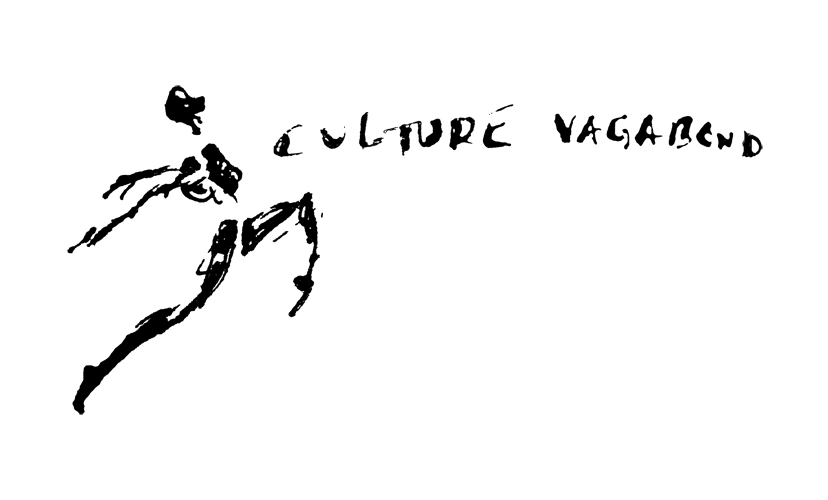I remember the first time I heard that word, and how I had such a problem hearing it. I was three years old. I was on a shopping trip with my mother. Somehow one of my table lamps had broken and we went to the store to find a replacement. My mom found one she liked, and asked the friendly sales women if we could purchase the lamp separate from the shade. Just as if it was yesterday, I can remember the sales women (who I thought was Snow White in the flesh) turn into a wicked witch in front of me when she replied, "no" to my mother. In hindsight that seems like a perfectly normal request since they probably were sold together, but at to the three-year-old Lauren it seemed so appalling. There was a limit on something that seemed so unnecessary. I felt victim to an unjust system.
Growing up, the word "no" never had rigid enforcement. My mom said no I couldn't wear a certain outfit to school, so I would pack the outfit and change in the school bathroom. My dad said I couldn't get a pair of roller blades. I strategically reminded him that he wanted a new tennis racket to get him to go to the sports store, and I would end up with the roller blades. When mom said no, I talked to dad. When dad said no, I talked to mom. I have to admit, these instances make me look like a manipulative con artist.
So where has this caused me to be now? While I have a much higher sense of ethics, I still believe if you package and promote to the right people, you can still get what you want out of life. I realize that if you truly see beyond convention and are willing to work for it, then you deserve it. After all, if society did not have innovators, slavery would still be the norm, I wouldn't have spellcheck for my papers, and I would have an entire wall storage system for my music.
As I am older now, I understand why, "no" is such an appealing option. It is easy for us in society to go the easy path; the one we've seen others be successful on. It's less risky, less lonely, and far more comfortable. So what do we do if the written path doesn't satisfy? We build systems and order so society can make sense. We need that to survive. Yet, as our silos get taller, we should assume the characteristics of a tree: the taller it gets, the more need for it to be flexible, otherwise the wind will snap it in half. Much like nature, our silos of societal order, whether that be university colleges, religious institutions, or playground politics, need to get more flexible and more open to change as they get larger.
These societal silos grasp tightly to their need to say no. "If we make one exception, everyone will want to break the rules", they say. Yet, by not saying no, they are passing on growth and innovation opportunities.
In my own experience as an Interdisciplinary Studies undergrad, I ventured out of a prestigious design program, into a self made experiment that I thought was the right path. While now it is crystal clear that it was the right decision, it didn't always feel so clear. My relationships were stressed, my credibility questioned, and my self assurance lowered. Yet once I started seeing the benefits of my venture, it paid back any negative feelings ten fold.
To have a successful experience creating my own degree, I couldn't see each department as a silo, or each college as a separate entity. I saw that there were thousands of classes offered here at the University of Cincinnati, the only difference was the amount of credit hours. I strive to build relationships with people, not departments. That is the only way your are going to break down barriers. There were so many constraints to getting this degree approved, but I never saw them as barriers, I saw them as opportunities. I never heard the word no, I just heard, not now, or not me. And after every temporary stall, I heard in the back of my mind, "keep trying Lauren."
So as we each assume the role of innovators and change makers of society, let's look past "no" and see opportunity and reason for us to keep trying.
Your CV,
-Lauren
